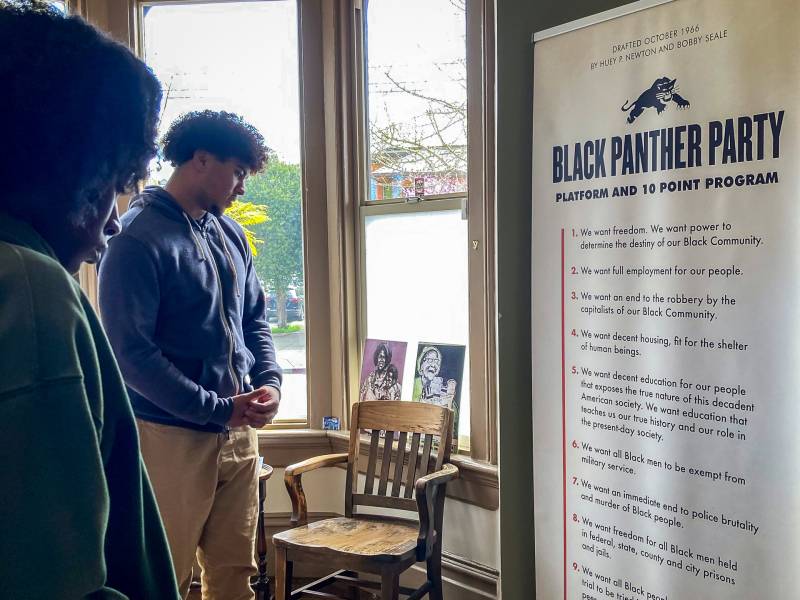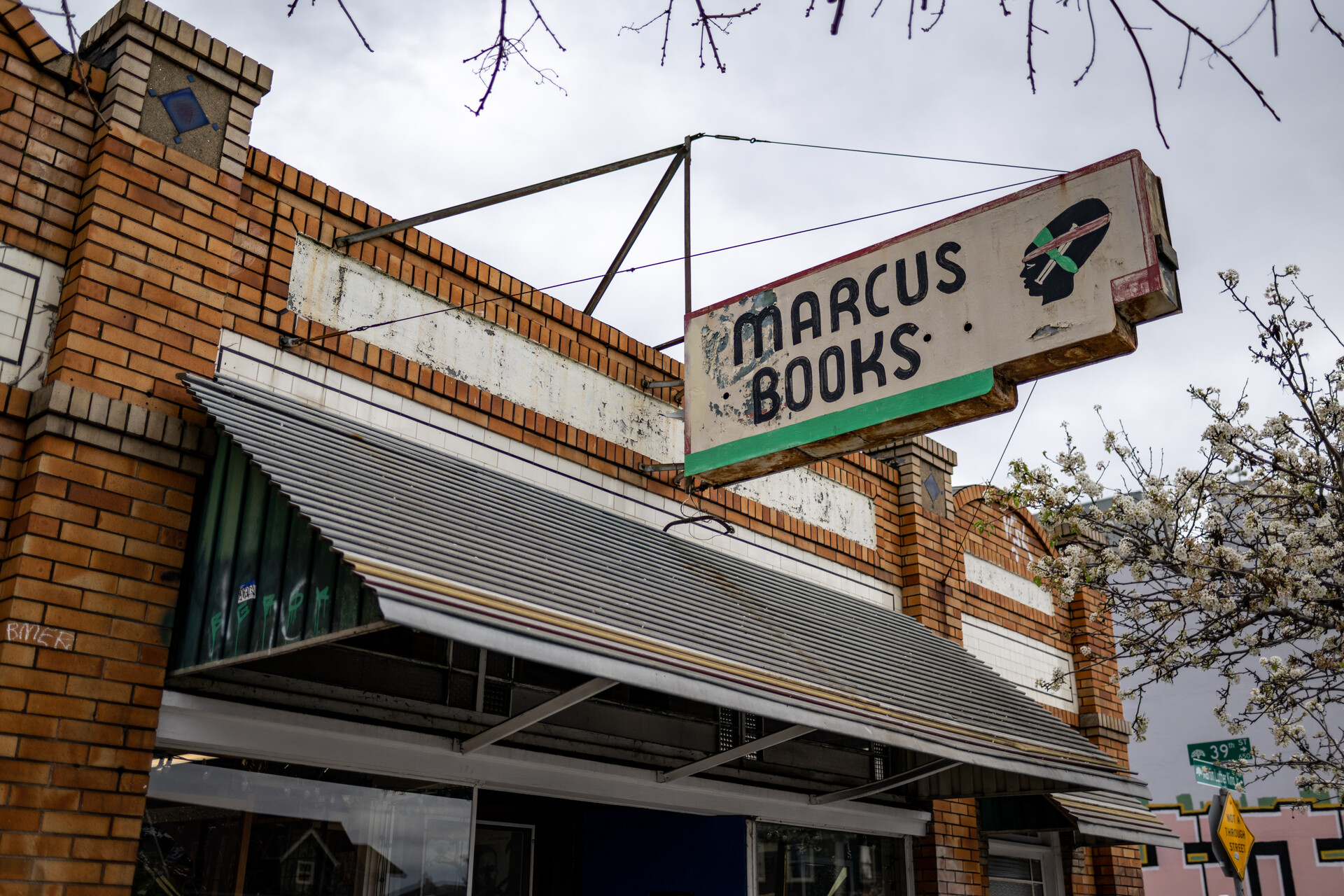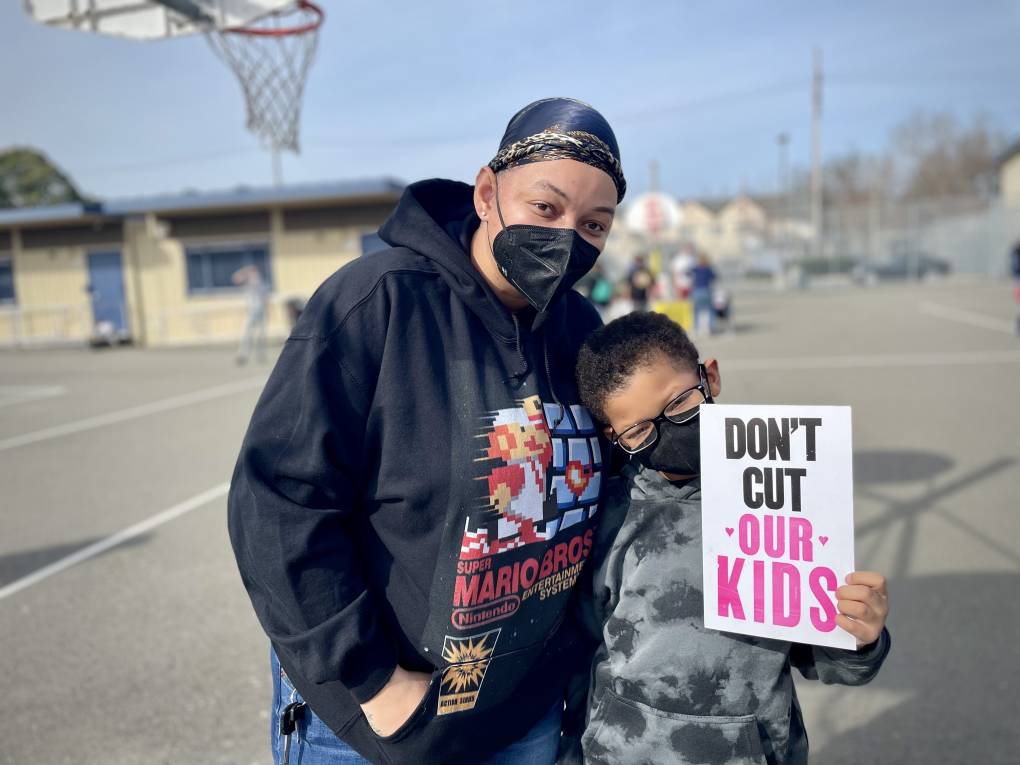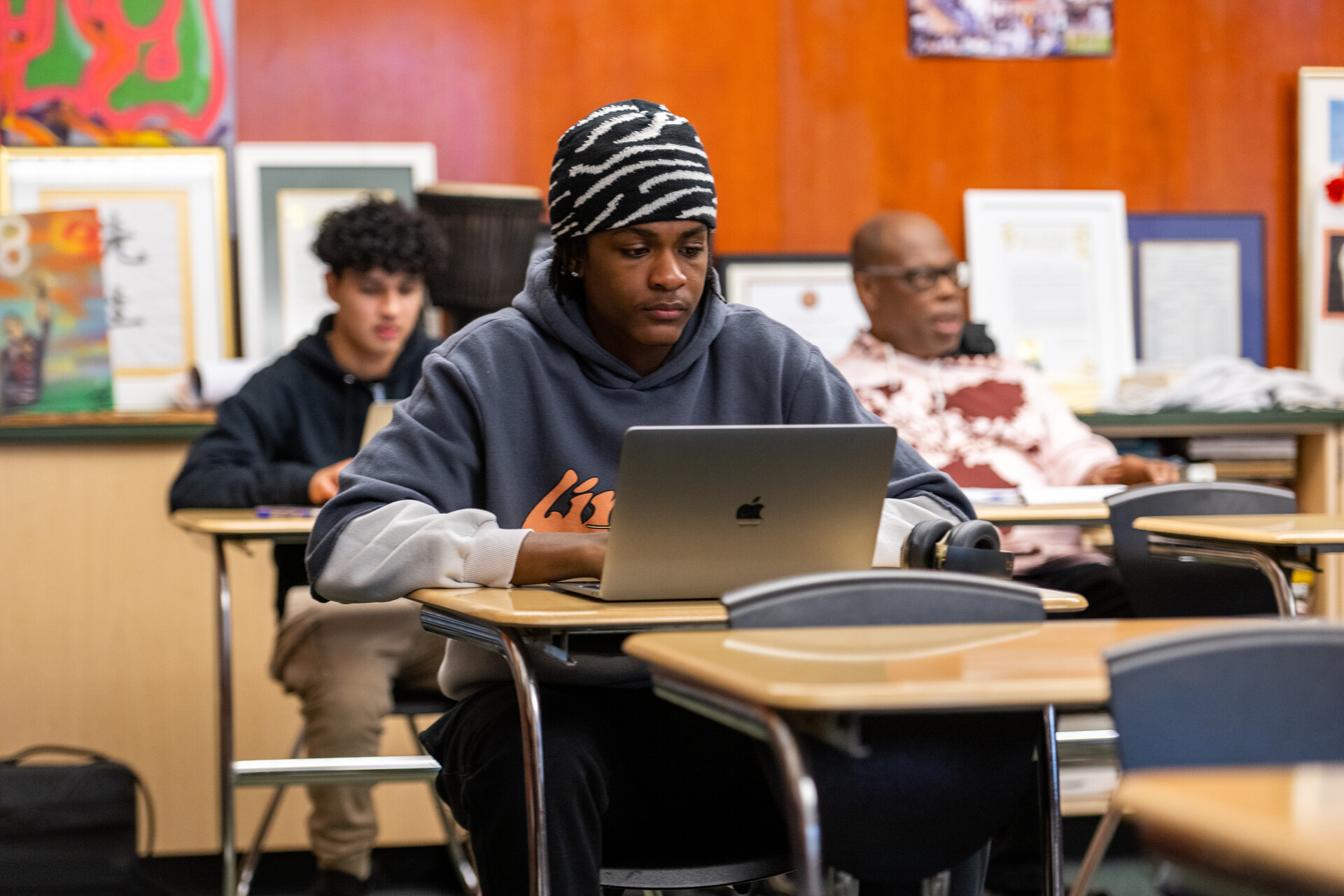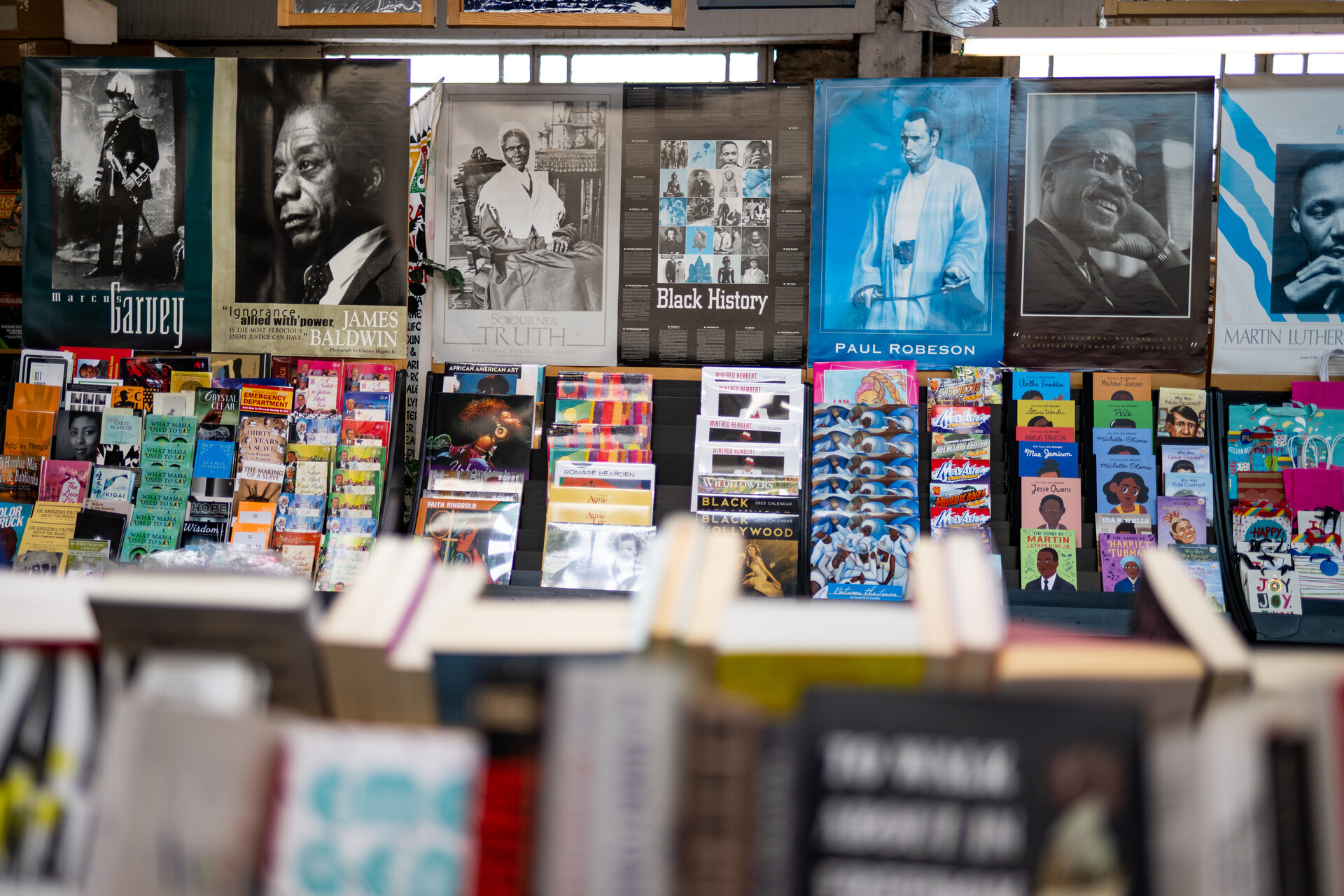Lois the Pie Queen, considered one of the oldest Black-owned restaurants in Northern California, recently served up a history lesson to Oakland high school students alongside its menu of soul food favorites.
“Buildings have been torn down. New buildings been built. But in terms of here, it’s always been the same. Everybody wants to find Lois the Pie Queen and see what it’s all about,” said restaurant owner Corey Jackson.
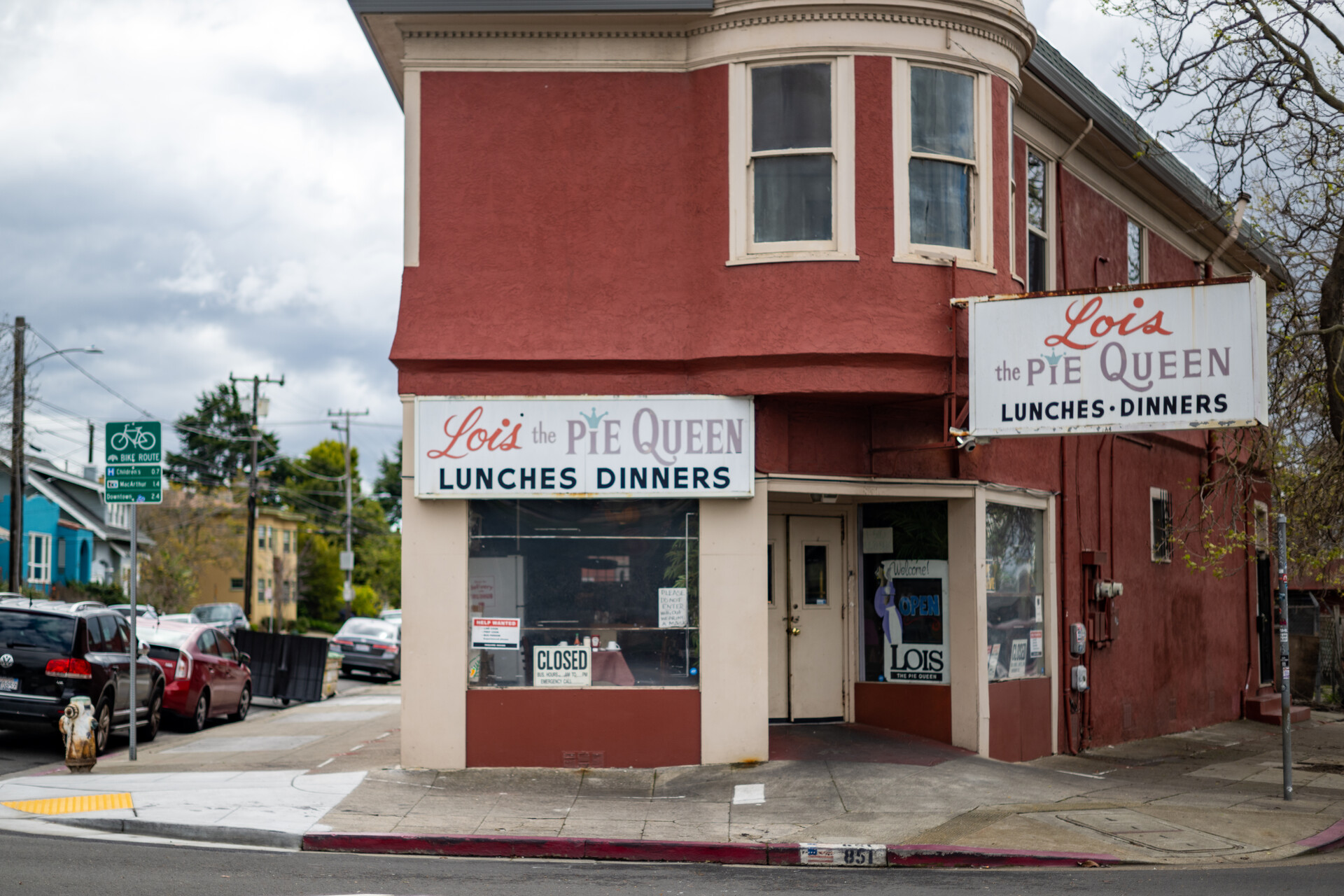
Lois the Pie Queen’s decades-long staying power in the community made it the ideal first stop during a high school field trip tour of historic Black sites in Oakland.
On Monday, Tony Green, a teacher at Bishop O’Dowd High School, led the field trip for a group of juniors and seniors enrolled in his Advanced Placement African American Studies class.
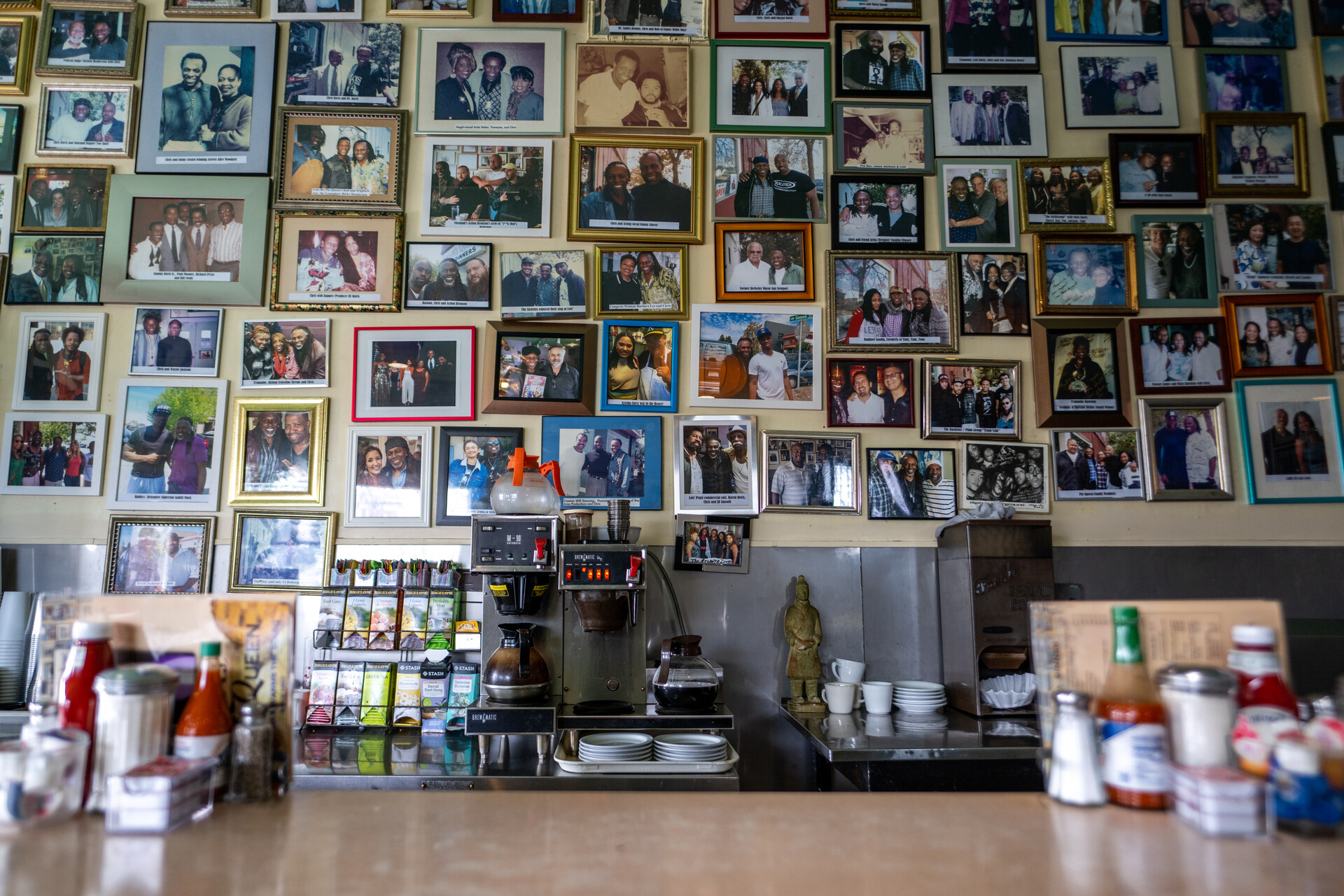
Throughout the year, Green said he’s taught his students about the wealth gap, redlining and gentrification.
“It’s meaningful because it’s an attempt at telling the actual truth about African Americans and their relationship with the rest of the world,” said Green, who’s been teaching a version of the class for 32 years.
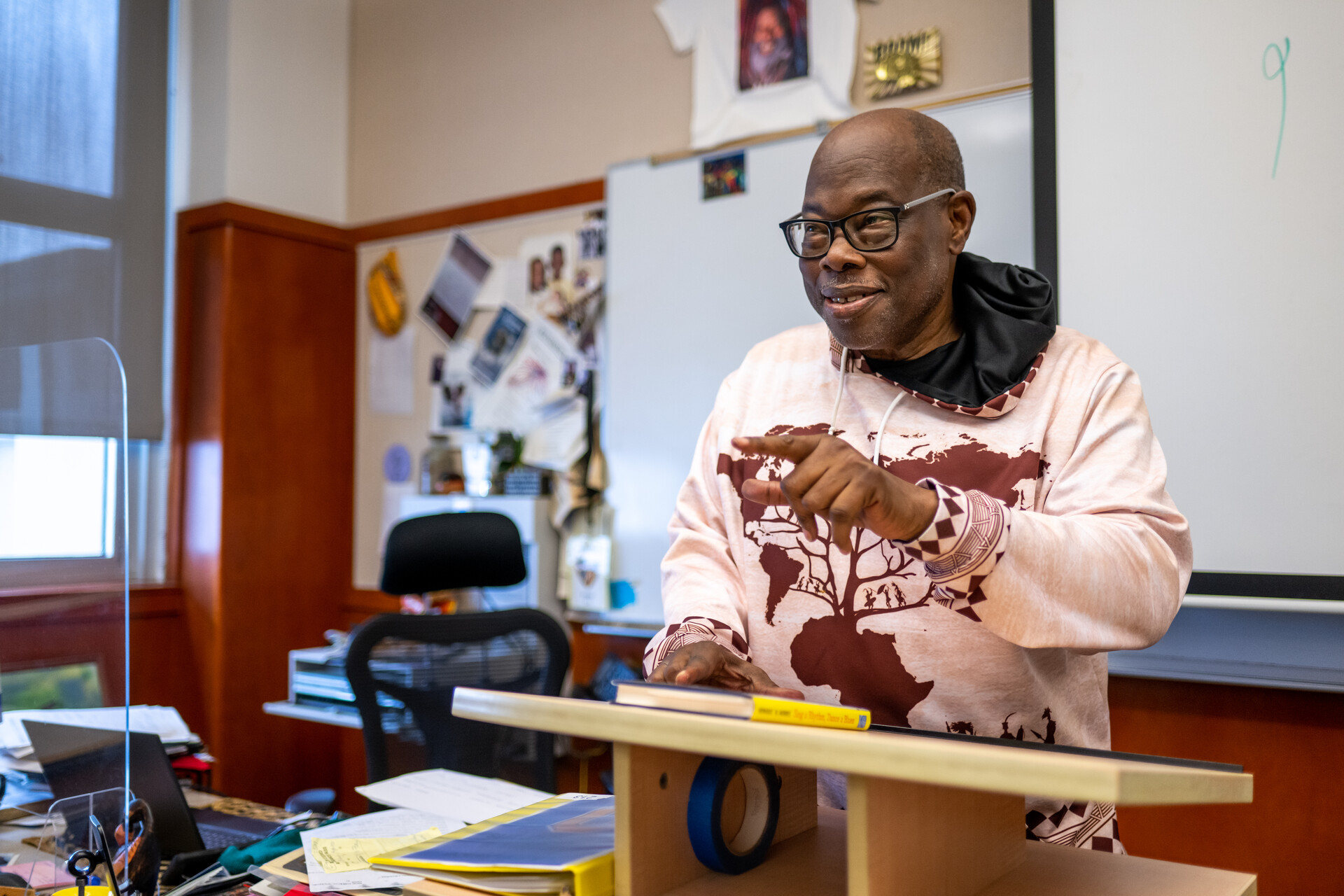
Christian Colbert, a junior, said Green’s teaching style — which aims not only to explain historical facts, but to also show how they’re interconnected across time — resonated with him.
“I just feel like a lot of history classes are just like bits and pieces of history,” he said. “Classes like these, kind of give you the whole thing, from like, ancient in Mali, to like, all the way to the Black Panthers.”
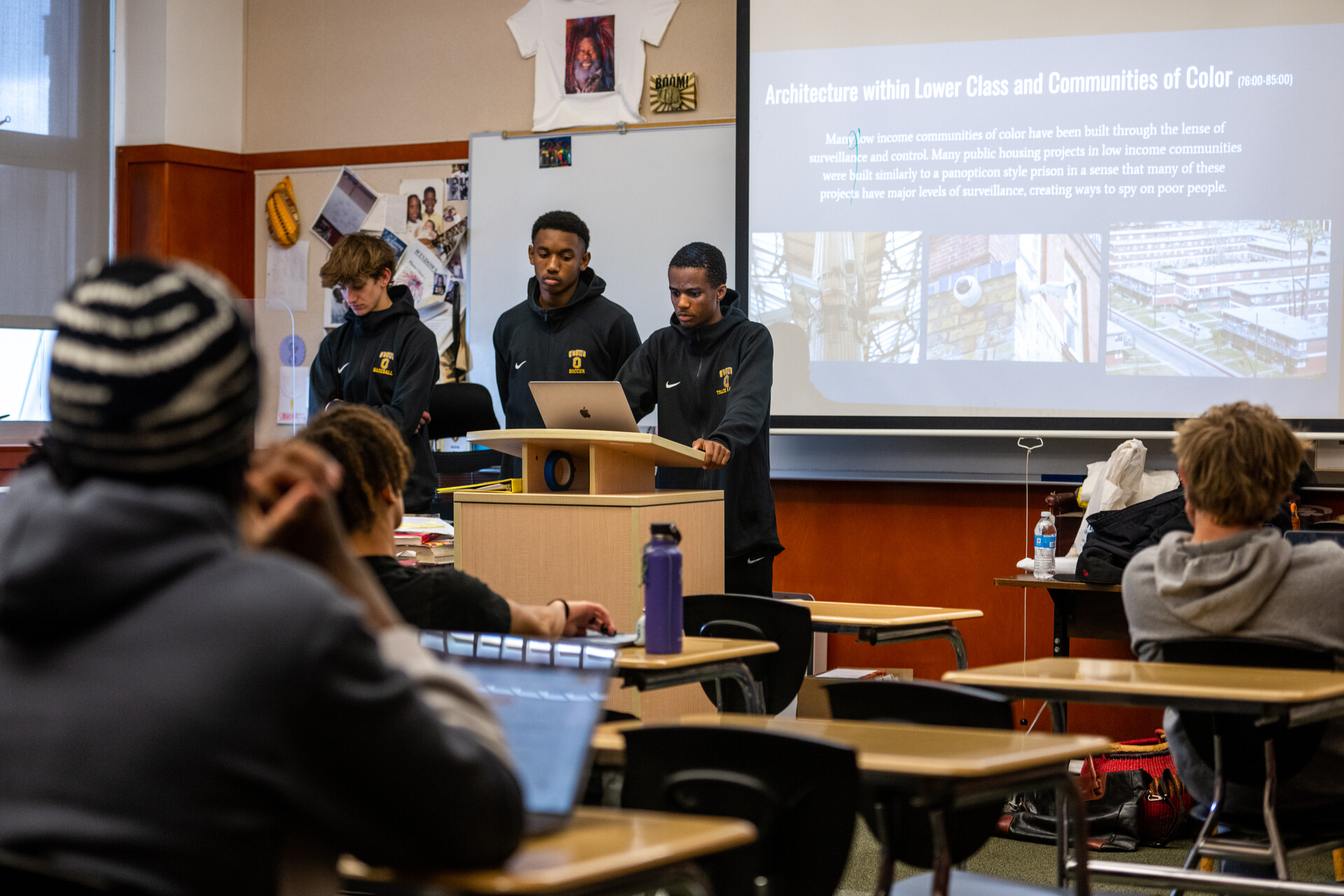
Bishop O’Dowd, a Catholic school, is among 60 schools in the U.S. currently piloting the College Board AP African American Studies curriculum (PDF) — which covers early African societies, the slave trade and the history of resistance and resilience in the U.S.
